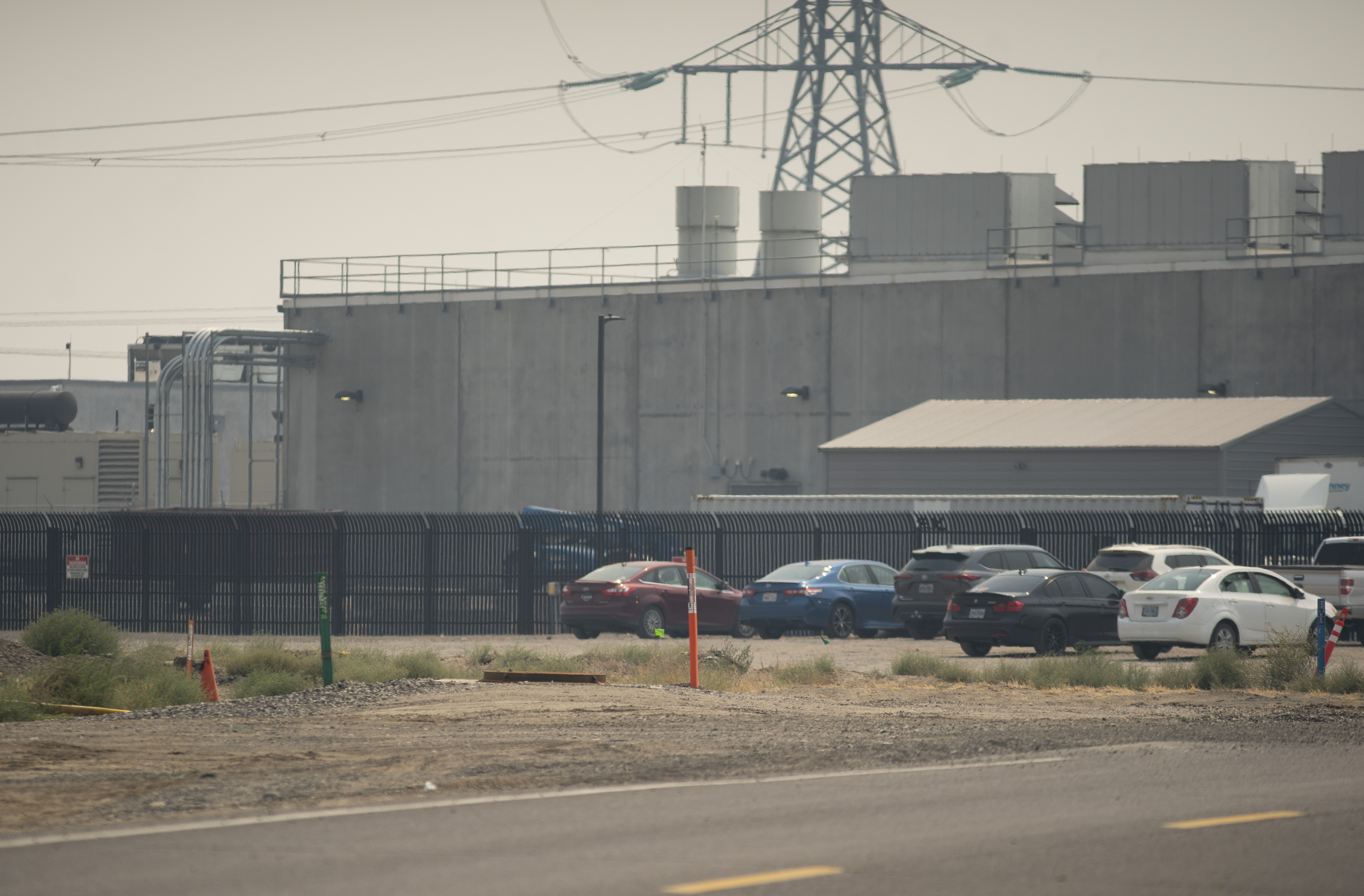Report on the Deloitte Consumer Industry Center’s Strategic Alignment with Sustainable Development Goals (SDGs)
Introduction and Mandate
The Deloitte Consumer Industry Center provides strategic analysis and forward-looking insights for key economic sectors. The Center’s primary function is to equip industry leaders with data-driven intelligence to navigate the evolving business environment, with a significant focus on integrating principles of global sustainability and equity.
Core Sectoral Focus and SDG Integration
The Center’s research and guidance span multiple industries, each with direct relevance to the United Nations Sustainable Development Goals. Key sectors include:
- Automotive, Transportation, and Airlines: Addressing challenges related to SDG 9 (Industry, Innovation and Infrastructure) and SDG 11 (Sustainable Cities and Communities) by analyzing shifts towards cleaner energy and efficient mobility.
- Consumer Products and Food: Focusing on supply chain resilience and ethical sourcing, directly contributing to SDG 12 (Responsible Consumption and Production) and impacting SDG 2 (Zero Hunger).
- Retail and Hospitality: Examining labor practices, resource management, and economic impact, which aligns with SDG 8 (Decent Work and Economic Growth) and SDG 12.
Strategic Contributions to Global Goals
The Center’s analytical output provides a framework for businesses to advance specific SDGs through their operational strategies. Key areas of contribution are outlined below:
- Climate Action and Responsible Production (SDG 13 & SDG 12): The Center delivers critical insights on sustainability, climate impact, and supply chain transformation. This enables businesses to adopt circular economy models, reduce their carbon footprint, and enhance transparency in production, directly supporting the targets of SDG 13 (Climate Action) and SDG 12 (Responsible Consumption and Production).
- Equity and Reduced Inequalities (SDG 5 & SDG 10): Through its focus on Equity, Inclusion, and Diversity (DEI), the Center helps organizations develop strategies that promote SDG 5 (Gender Equality) and SDG 10 (Reduced Inequalities). This includes fostering inclusive workplaces and ensuring equitable practices throughout the value chain.
- Sustainable Economic Growth and Infrastructure (SDG 8 & SDG 9): By analyzing trends in the future of consumer business, transportation, and services, the Center supports the development of resilient infrastructure and promotes inclusive and sustainable economic growth, which are central tenets of SDG 8 (Decent Work and Economic Growth) and SDG 9 (Industry, Innovation and Infrastructure).
Analysis of SDGs in the Article
1. Which SDGs are addressed or connected to the issues highlighted in the article?
- SDG 5: Gender Equality – Connected through the mention of “Equity,” “Inclusion,” and “DEI” (Diversity, Equity, and Inclusion), which are core principles for promoting gender equality in business and society.
- SDG 8: Decent Work and Economic Growth – Relevant due to the focus on major employment sectors like “automotive, consumer products, retail, transportation, hospitality, and services.” Insights into these sectors inherently involve economic growth and employment conditions.
- SDG 9: Industry, Innovation and Infrastructure – Directly connected through the keywords “Automotive,” “Transportation,” “Airlines,” and “Supply Chain,” which are all critical components of industry and infrastructure. The focus on the “Future of Consumer Business” implies a connection to innovation.
- SDG 10: Reduced Inequalities – Addressed through the explicit mention of “Equity,” “Inclusion,” and “DEI.” These terms are central to the goal of reducing inequalities within and among countries by ensuring no one is left behind.
- SDG 12: Responsible Consumption and Production – Strongly connected through the keywords “Sustainability,” “Consumer Products,” “Food,” “Retail,” and “Supply Chain.” The article’s focus on providing insights to these sectors suggests an analysis of their consumption and production patterns.
- SDG 13: Climate Action – Explicitly mentioned with the keyword “Climate.” The Deloitte Center provides insights on this topic, which is the central theme of SDG 13.
2. What specific targets under those SDGs can be identified based on the article’s content?
- Target 5.5: Ensure women’s full and effective participation and equal opportunities for leadership at all levels of decision-making in political, economic and public life. This is implied by the focus on “Equity,” “Inclusion,” and “DEI” within business sectors.
- Target 8.2: Achieve higher levels of economic productivity through diversification, technological upgrading and innovation. This is relevant to the center’s work on the “Future of Consumer Business” and “Consumer Industry Trends.”
- Target 9.1: Develop quality, reliable, sustainable and resilient infrastructure, including regional and transborder infrastructure, to support economic development and human well-being. This is connected to the focus on “Automotive,” “Transportation,” and “Airlines.”
- Target 10.2: By 2030, empower and promote the social, economic and political inclusion of all, irrespective of age, sex, disability, race, ethnicity, origin, religion or economic or other status. This is directly supported by the keywords “Equity,” “Inclusion,” and “DEI.”
- Target 12.6: Encourage companies, especially large and transnational companies, to adopt sustainable practices and to integrate sustainability information into their reporting cycle. This is implied by the center providing insights on “Sustainability” to leaders in “consumer products” and “retail.”
- Target 13.2: Integrate climate change measures into national policies, strategies and planning. While the article focuses on corporate leadership, providing insights on “Climate” helps companies align with and influence these broader strategies.
3. Are there any indicators mentioned or implied in the article that can be used to measure progress towards the identified targets?
The article does not mention any explicit indicators. However, by stating that the center “delivers insights” on topics like “Sustainability,” “Climate,” and “DEI,” it implies the use of certain types of data and metrics to generate those insights. The following indicators are therefore implied:
- Implied Indicator for Target 5.5: Metrics related to the proportion of women in leadership and managerial positions within the “automotive, consumer products, retail, transportation, hospitality, and services sectors.”
- Implied Indicator for Target 9.1: Data on the carbon efficiency and sustainability of the “Transportation,” “Airlines,” and “Automotive” sectors, which would be necessary to provide insights on their future.
- Implied Indicator for Target 10.2: Corporate data related to diversity in hiring, promotion, and pay equity, which are essential for generating insights on “DEI.”
- Implied Indicator for Target 12.6: The number of companies in the consumer industry that publish sustainability reports, a key metric for tracking the adoption of sustainable practices.
- Implied Indicator for Target 13.2: Analysis of corporate strategies and commitments related to climate action, which would be a core component of any “insight” on “Climate” for business leaders.
Summary Table
4. Create a table with three columns titled ‘SDGs, Targets and Indicators” to present the findings from analyzing the article. In this table, list the Sustainable Development Goals (SDGs), their corresponding targets, and the specific indicators identified in the article.
| SDGs | Targets | Indicators |
|---|---|---|
| SDG 5: Gender Equality | Target 5.5: Ensure women’s full and effective participation and equal opportunities for leadership. | Implied: Metrics on the proportion of women in leadership positions within the mentioned industries. |
| SDG 9: Industry, Innovation and Infrastructure | Target 9.1: Develop quality, reliable, sustainable and resilient infrastructure. | Implied: Data on the sustainability and efficiency of transportation and supply chain infrastructure. |
| SDG 10: Reduced Inequalities | Target 10.2: Empower and promote the social, economic and political inclusion of all. | Implied: Corporate data on diversity, equity, and inclusion (DEI) in hiring and promotion. |
| SDG 12: Responsible Consumption and Production | Target 12.6: Encourage companies to adopt sustainable practices and integrate sustainability information into their reporting. | Implied: The number of companies publishing sustainability reports or adopting sustainable supply chain practices. |
| SDG 13: Climate Action | Target 13.2: Integrate climate change measures into policies, strategies and planning. | Implied: Analysis of corporate strategies and commitments related to climate action. |
Source: deloitte.com






